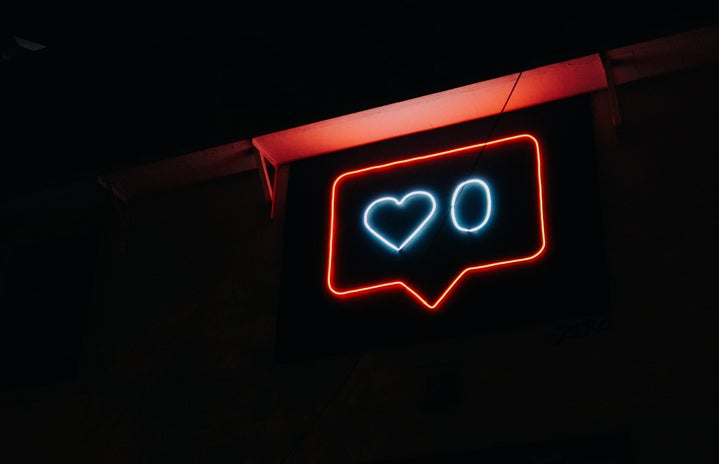Social media influencers are nothing new, but as they become more mainstream and accepted in society, we still need to keep a critical eye on them.
Credit: Influencer Marketing Hub
Statistics confirm the growing influencer industry. According to a study by Influencer Marketing Hub, Google searches for the phrase “influencer marketing” increased by 1500% over the past three years. 86% of survey respondents have a dedicated budget for influencer marketing, while 92% believe that influencer marketing as a whole is effective. Instagram is the most important platform for influencer marketing campaigns for 79% of respondents, with the most popular reasons for campaigns being to build awareness and to increase sales. However, after analyzing a sample of 100 fashion micro-influencer posts for a month, only 11% of approximately 2,200 posts were fully compliant with the FTC and CMA’s regulations on social media promotion.
While social media influencers are often considered to be superficial and often the brunt of jokes, it is important to realize that their content can change their audiences’ behavior. Traditional forms of marketing such as commercials and ads are heavily regulated, but because social media is relatively newer and more difficult to define, regulations largely have not been enforced. However, ads on Instagram are just as influential, perhaps even more so.
When we see ads in magazines, we are aware that the models have been professionally photoshopped and have hair and makeup teams ensuring that they appear perfect. We can make the distinction between real life and magazine ads because we expect that some sort of retouching has been done.
Credit: Shane Barker
On social media, however, we may assume that influencers are closer to us because they share more of their personal lives with us. We see what they’re eating for breakfast, their public transit selfies, and their dog walking routes. We assume that they’re just like us, and it’s easy to forget that many often receive free clothes and makeup, and retouch their photos with apps such as FaceTune.
The assumed relatability of social media influencers may be a reason why 82% of survey respondents believe customers from influencer marketing campaigns are higher quality than those who are from traditional forms of marketing. Because influencers build relationships with their followers by giving us a window into their lives, we may see them as our friends, who simply have thousands or millions of followers, and trust their judgment and recommendations more than ads or other forms of paid media. Unlike celebrities, social media influencers’ audiences see them as relatable peers.
Because we give so much trust to these influencers, they should be held to tighter standards than the average person who uses Instagram and occasionally drops recommendations in the comments section. While it’s true that social media influencers are just people too, and don’t necessarily need to be aware of issues such as climate change and politics, they should make more of an attempt to use their platform to create positive change.
Want to keep up with HCBU? Make sure to like us on Facebook, follow us on Instagram, check out our Pinterest board, and read our latest Tweets!



